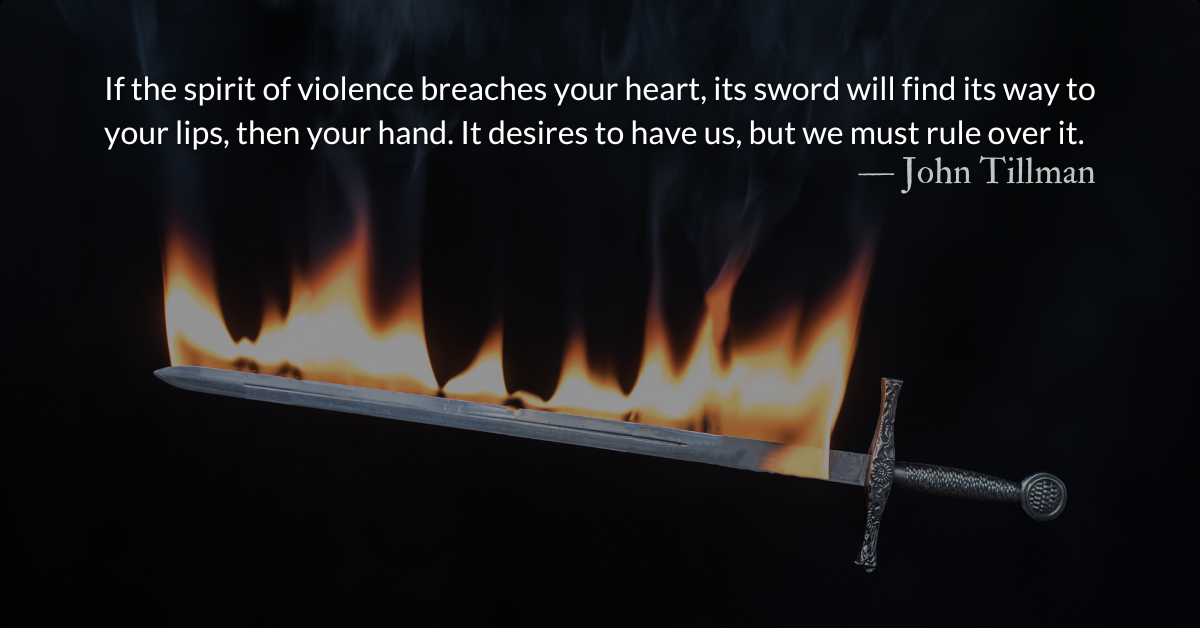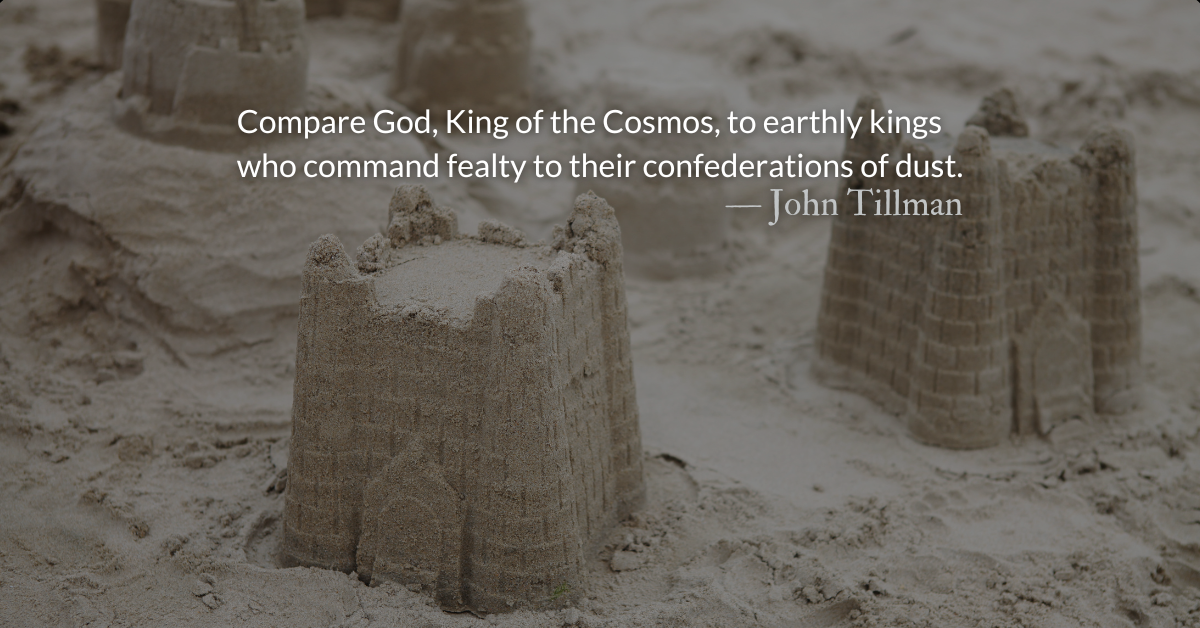Links for today’s readings:
Read: 2 Samuel 13 Listen: (6:39) Read: Revelation 21 Listen: (4:34)
Scripture Focus: 2 Samuel 13:14–16
14 But he refused to listen to her, and since he was stronger than she, he raped her.
15 Then Amnon hated her with intense hatred. In fact, he hated her more than he had loved her. Amnon said to her, “Get up and get out!”
16 “No!” she said to him. “Sending me away would be a greater wrong than what you have already done to me.”
But he refused to listen to her.
Reflection: Hatred, the Underside of Lust
By Erin Newton
“Having gratified itself, lust deepens into hatred” (Phyllis Trible, Texts of Terror).
The story of Tamar does not soften its edges. There is no ambiguity of her innocence like some might foolishly try to argue in the case of Bathsheba. The power dynamic is clearly stated: Amnon is a prince and physically more powerful.
But he is ruled by his passions. His sexual desire makes him “sick” with lust. He is obsessed—no longer operating by rationality or morals. His flesh controls his narrative. He is, in fact, powerless to his most base instincts.
Tamar, the weaker person, is the pillar of strength. Unaware of the trap, she shows compassion and empathy for her “sick” brother. When the wicked plot is unmasked, she clearly refuses. “No!” She reminds him of morality. “Don’t do this wicked thing!” She offers an honorable solution of marriage.
But Amnon does not love her. Long-term commitment isn’t his goal. It is not kindness that is making his decisions. He is filled with lust, and by his strength he reacts in violence.
Phyllis Trible notes the change that occurs after the rape: “Violence in turn discloses hatred, the underside of lust.” The reaction is not uncommon. Jo Ann Hackett (Women’s Bible Commentary) says, “There is good evidence that people who force their dominance on others (rapists and sadists, for example) are fighting what they perceive as weakness in themselves and that their victims’ defeat only reminds them of their own weakness and consequently enrages them.” His weakness drove him to violence, and in the end, he still hates himself.
Tamar again is a pillar of strength and truth. She is not ruled by her emotions. When she should be angry and ashamed, she defiantly refuses his dismissal. “No!” She reminds him of what is right. He doesn’t care.
This weak man has no intention of listening to truth, especially truth embodied in Tamar.
Nothing about this story is foreign to our present circumstances. Men and women who feel inferior can be ruled by their own self-hatred and react violently. But the act of violence never solves their weakness. It merely begets more violence.
In the direct context of sexual abuse, we should be mindful of Amnon’s response. We must recognize that venom spewed against survivors is more of a reflection of a perpetrator’s heart. We must be like Tamar—bold, outspoken, and grounded in God’s truth.
Divine Hours Prayer: A Reading
Do you not realize that your body is the temple of the Holy Spirit, who is in you and whom you received from God? You are not your own property, then; you have been bought at a price. So use your body for the glory of God. — 1 Corinthians 6.19-20
– Divine Hours prayers from The Divine Hours: Prayers for Summer
by Phyllis Tickle
Read more: Not a Temptress but an Abuser
Equating sexual abuse victims to “Potiphar’s wife” is reading the passage backwards. Potiphar’s wife is the abuser.
Read more: No DARVO
How can we live in a world dominated by Sauls and Ahabs, the disciples of DARVO? How can we know what the truth is and who is telling it?






